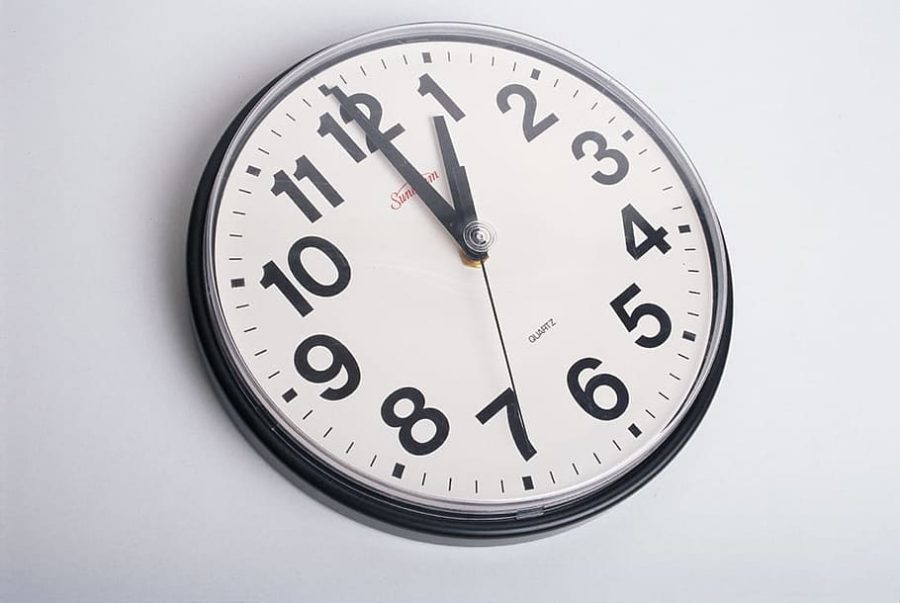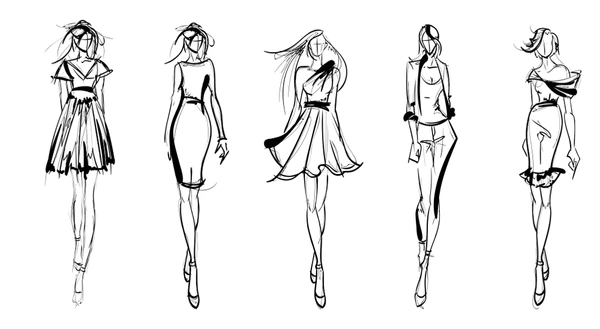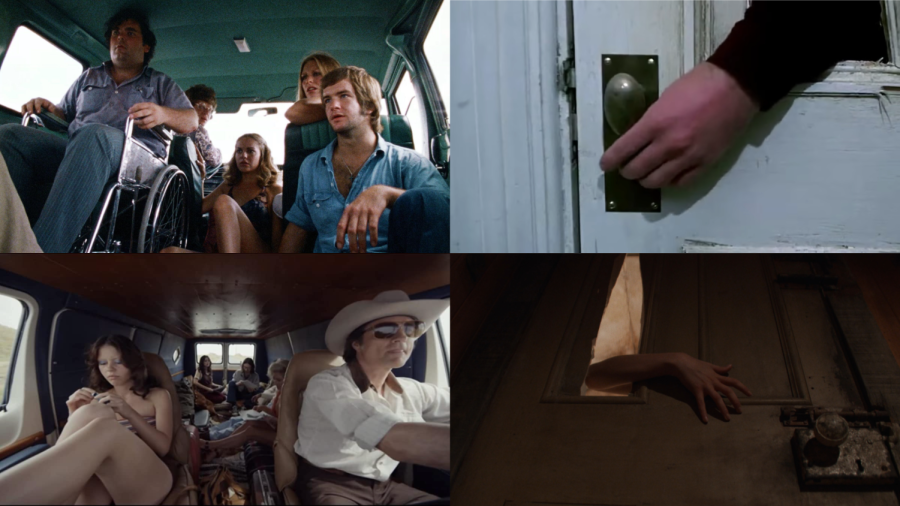I woke up at nine o’clock on a Monday morning with a shocking realization—it was Monday morning, and I had woken up at nine o’clock, and I actually felt… fine. For once, the Monday blues had not hit me, but a cold feeling of being lost, did.
I felt like I had spent the majority of my time in quarantine drifting through my waking hours, waltzing in and out of reality, watching the little red line on my Google Calendar slowly, slowly, descend down the long column of my day—a daze punctuated solely by meals and Google Hangouts.
I checked my phone constantly; I checked the time on my laptop as I whittled away the hours staring at various aesthetic YouTubers and thinking about my own, grim reality contrasted to what was presented on the other side of my screen.
Two months ago, being a student meant that my life was dictated by the Big Brother Time, a benevolent overlord who watched me and occasionally stuck me with an electric shock when I needed to get things done. But the dictator, it seemed, had taken leave of absence, leaving me, the proletariat to wonder, what do I have left?
As someone carefully tied up in the regime, I had no less than four or so clocks in my room: a laptop, a phone, an alarm clock, a watch. Looking around, I realized that there is a clock in nearly every room in my house, a timer on the oven, a clock in the bathroom, etc. Is this a representation of what we value as a society?
I took a new approach. Armed with my own arsenal of clocks and calendars, I fought back, fueled by the promise of “productivity.” I started a bullet journal, I wore a watch, and I scheduled events obsessively on my Google Calendar. I had changed the display on my laptop to display the seconds and announce the top of every hour.
Every so often, I would peer up from my work just to watch the time dripping slowly by. The currents of ennui were threatening to take me downriver and away, and I would be stuck on the bank of missed assignments and general discontent. But I was wasting an eternity with every second. And I was incredibly unhappy.
I was staring at the screensaver on my laptop (you can probably guess what kind of display it was. Hint: it ticked) one evening as I wrote in my bullet journal.
It was then, the realization hit me. Like in tai chi, one must flow with the energy of the opponent to defeat them. And my enemy was my lack of time.
So, I closed the screen.
I unplugged my alarm clock.
I removed my watch and set my phone on Do Not Disturb.
And I found that the voices, the ones that had told me the dangers of the raging rapids of endless, unconscious time—the rocks I’d catch myself on, the fast-moving waters I would undoubtedly drown in—was in fact a calm and relatively deserted river.
I float downstream easily, now. Remembering my oars, I bank myself on the river for scheduled Google Meets. I have a map in a Google Calendar to navigate, but I myself spend much time simply enjoying the view, knowing full well the bends and curves ahead. Like a prepared traveller, I look through my eyes and not the itinerary. I have learned the new language of spontaneity, a new language for myself.
Turn off your clocks, friends. Take off your watches. Put your phone on Do Not Disturb. Time is a free gift, the most valuable thing you will ever own or spend.
And seriously—stop looking at it!






